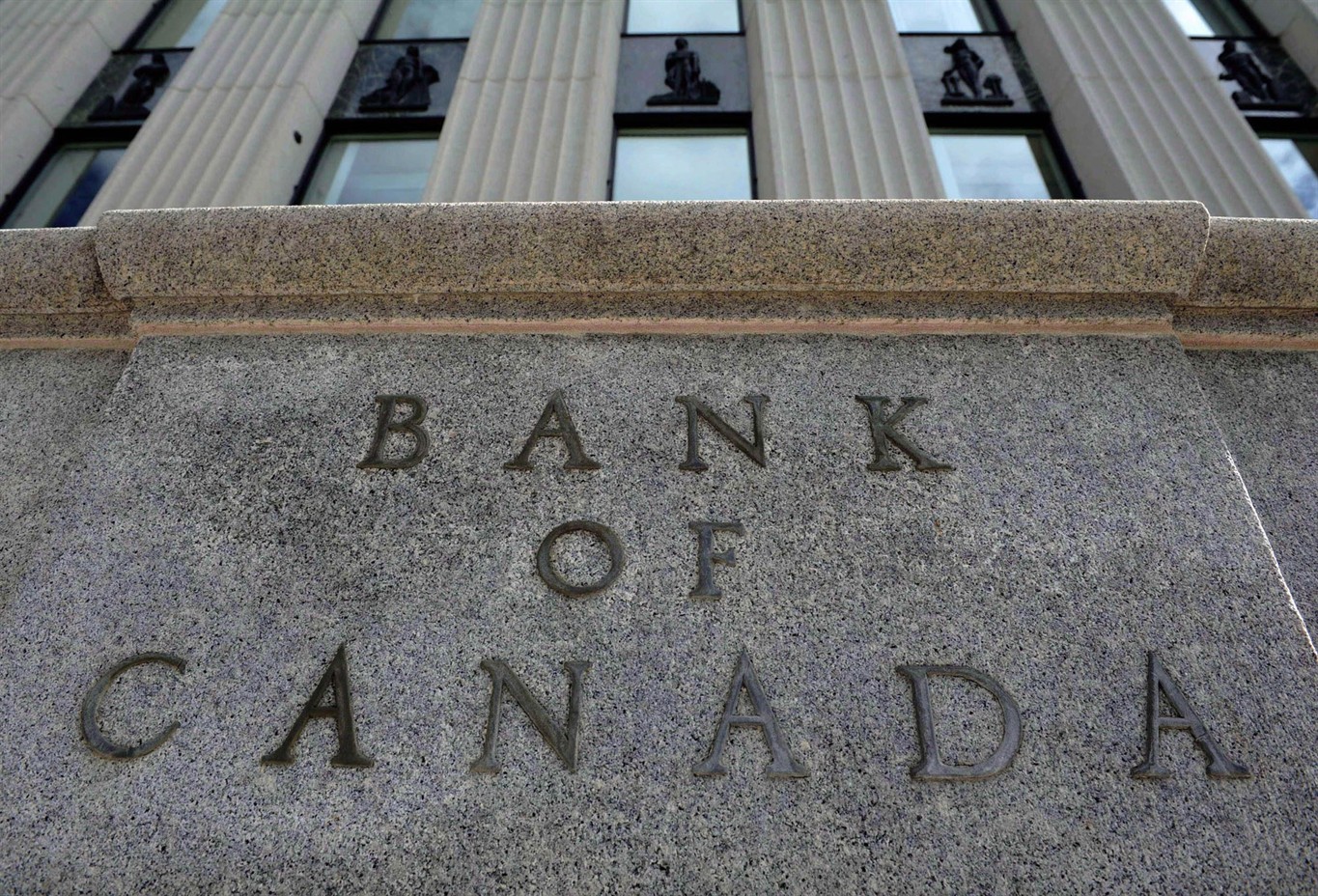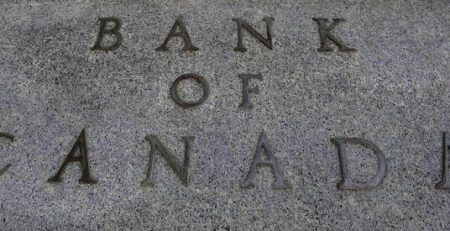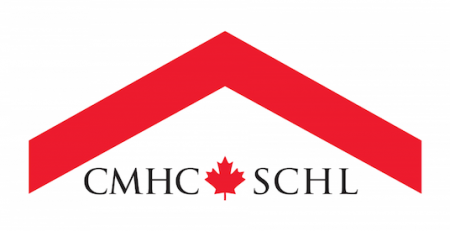B.C. casinos claim revenue down because of new anti-money laundering rules
B.C.’s new anti-money laundering rules have negatively affected revenues at the River Rock and Parq casinos.
According to financial results released in August, Great Canadian Gaming Corporation saw a fall in B.C. revenues in the first six months of 2018 due in part to declines in money earned at gaming tables at the River Rock Casino in Richmond. The company said that was primarily attributable to a new requirement requiring casinos to complete disclosures on the source of cash deposits or bearer bonds of more than $10,000.
The Parq casino in Vancouver, through its major shareholder Toronto-based Dundee Corp., also cited the new anti-money laundering rules in saying they resulted in regulatory costs and business “impacts” that affected their bottom line in the first six months of 2018.
The rules were implemented in late December 2017 in response to interim recommendations from an independent review by Peter German, a former RCMP deputy commissioner.
The B.C. government launched the review over concerns about Chinese high-roller VIPs purchasing gambling chips with massive wads of cash that could be “proceeds of crime.”
Those concerns were outlined in a confidential report commissioned by the B.C. Lotteries Corp. from auditor MNP LLP that found $13.5 million in $20 bills had being accepted in the River Rock Casino in July 2015.
In releasing his final report at the end of June, German concluded that for many years certain Lower Mainland casinos unwittingly served as “laundromats” for the proceeds of organized crime and that laundered money was linked to drug trafficking and real estate transactions in the Lower Mainland’s heated housing market.
In response to questions on Wednesday, B.C. Attorney General David Eby made no apologies for implementing the new anti-money laundering requirements.
He noted that suspicious transactions flowing through B.C.’s casinos had dropped to $200,000 in March of this year from a high of $20 million in July 2015.
“Certainly, we recognized at the very beginning that taking action on this would result in some financial reductions,” said Eby. “And we expect all of our service providers to understand that in the name of cracking down on crime, and in the name of cracking down on money laundering, they should be prepared to see decreases in those high-stakes tables because this is an action we have to take.”
Eby said the province is encouraging casinos to focus on lower-stakes tables and stay away from high-stakes tables that will be the most affected by the anti-money laundering initiatives.
Neither Great Canadian Gaming nor the Parq would provide details on losses attributable directly to the new money-laundering rules.
In financial results released in August, Dundee Corp. reported the Parq casino lost $80 million in the first six months of 2018, which also included effects from training and marketing to ramp-up the casino to full operation.
Great Canadian saw gaming revenues at B.C. casinos fall five per cent, or $6.6 million, in the first six months of 2018 compared to the same period in 2017.
In a conference call with analysts, Great Canadian’s president and CEO Rod Baker noted revenues were also down because of a strike at the Hard Rock casino in Coquitlam.
Gateway Casinos spokeswoman Tanya Gabara said the company had seen little to no effect from the new anti-money laundering rules.
As a private company, Gateway does not release its financial results publicly.
“Over four years ago, Gateway introduced strategies to be less reliant on high-limit table players and therefore the recent changes have had no impact on our business performance,” said Gabara.











